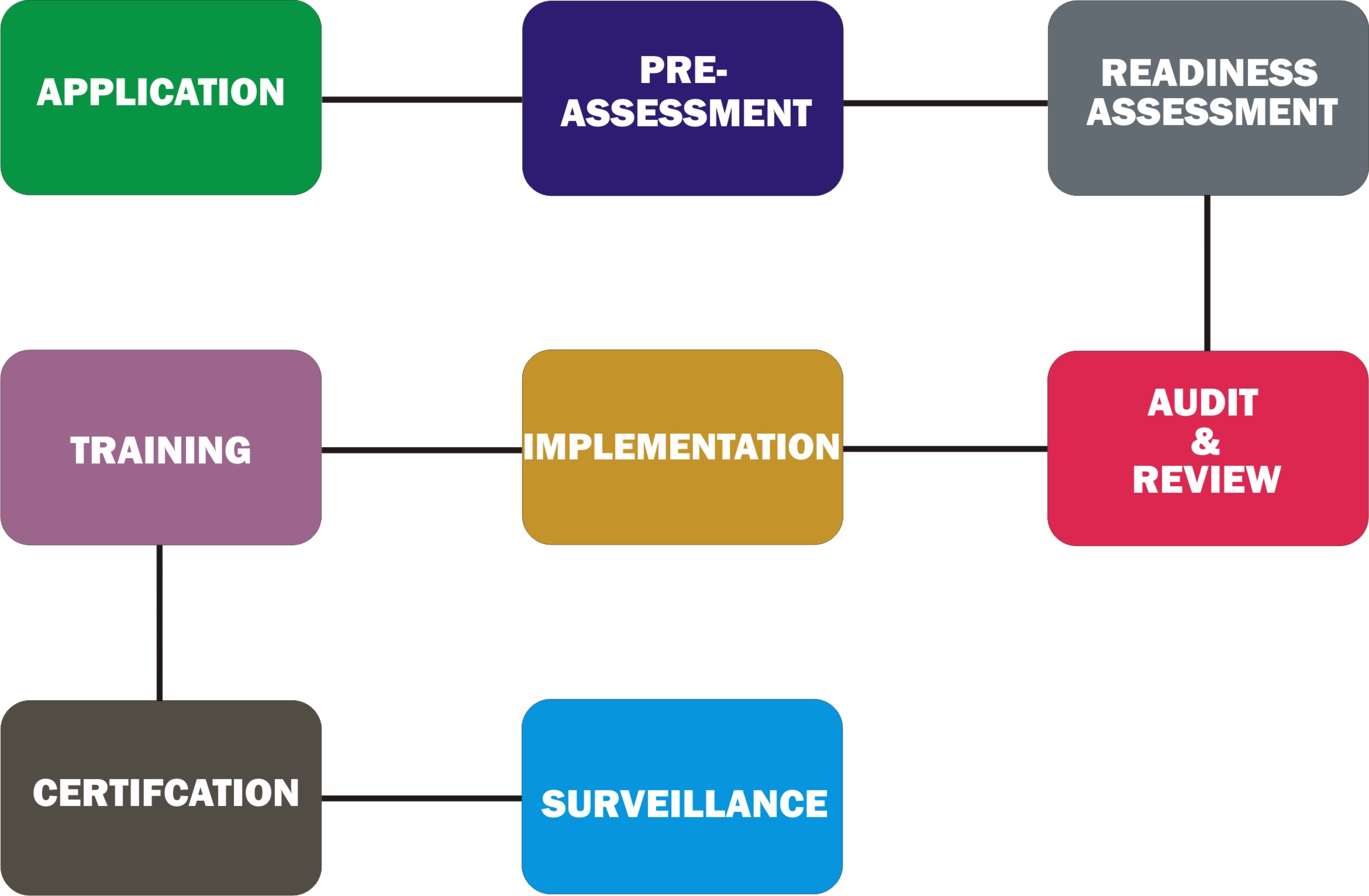

ISO 22000 is a globally accepted international standard, which specifies the requirements for food safety management systems. Established in 2005, ISO 22000 is applicable to all organizations involved in the food chain, whose main objective is to ensure food safety. The standard outlines a framework which harmonizes all parts of the food supply chain, from producer to consumer, and helps you reduce food hazards, control the risks and prevent contamination.


Food Safety Management has become the headline of many articles worldwide and if businesses choose to ignore it, they will have you bear the consequences. By obtaining an ISO 22000 certification, you will prove your commitment to food safety and adherence to respective food safety regulations.
By obtaining an ISO 22000 certification, you will prove your dedication to food safety to your customers and stakeholders. Moreover, you will gain a worldwide recognized certification on Food Safety Management, where you will learn all the processes and policies needed to mitigate risks and enhance accountability and transparency. This will, in turn, will you a competitive advantage by improving your brand's reputation and leading to potential increases in business volume.

These are some of the items that may be required for the ISO certification process, assessors may require more but your company need to have this basic information ready
Note* - that in case you do now have any of the listed information, our assesors and consultants will work with you to put them in place. You may still go ahead with your application.
